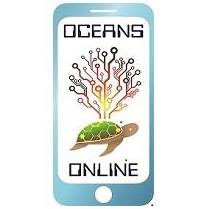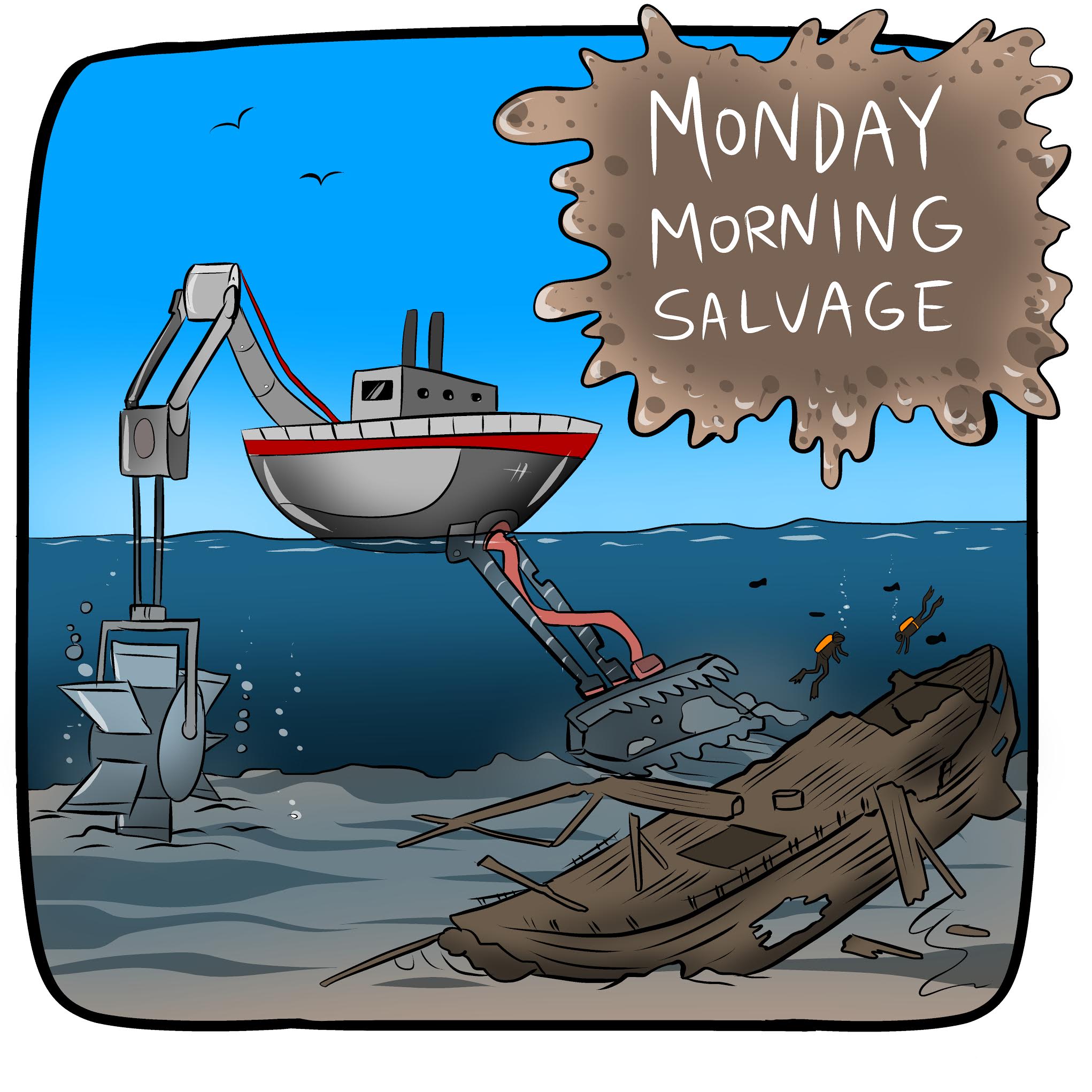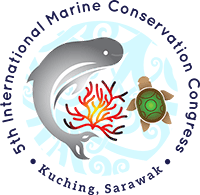
Foghorn (A Call to Action!)
- We have a new National Ocean Policy and it is exactly as bad as you would expect. I’m at the International Marine Conservation Congress (the largest ocean conservation meeting in the world) and not a single ocean professional from anywhere on the political spectrum thinks this new Ocean Policy is a good idea.
- Follow along with the International Marine Conservation Congress on Instagram, Oceansocial.us, and Twitter.
Flotsam (what we’re obsessed with right now)
https://vimeo.com/276100766
Jetsam (what we’re enjoying from around the web)
- Commerce Secretary Wilbur Ross Denies Insider Trading in Short Sale of Russia-Linked Shipping Company. And then: Commerce Secretary Wilbur Ross Short Sale of Kremlin-Linked Shipping Firm Navigator Holdings Wins Ethics Approval. This seems fine and normal and on the level.




